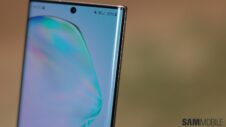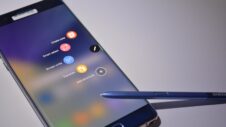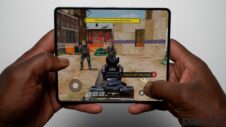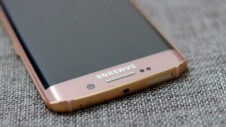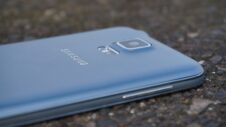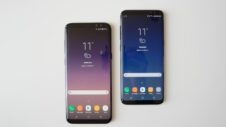The word “free” is a word that many consumers like. “Buy One, Get One Free” is a favorite phrase heard at retail stores during summer sales, holiday sales, and even at an upcoming Black Friday sale or two. While most consumers have in mind what they mean by free, however, retail stores often have another. This is why, more often than not, you’ll read “get this free if you buy this,” or “get this free when you purchase 2 or more,” and so on. The whole point of “free,” in consumer minds, is to get something for nothing: you get a free pair of headphones without paying for them.” Retail stores and businesses use the word “free” in a different manner: to give something only if they get something (money, usually) in return.
When it comes to free, I think that manufacturers shouldn’t be so quick to give something away. Giving away lots of free stuff at once looks desperate, seems to be a desperate move by companies that can’t compel customers to buy their products, one way or the other. At the same time, however, giving away something for free may be a way to help one company stand head and shoulders above the rest – especially if that company is pioneering in a field where many fear to tread.
This seems to be the case for Samsung, the Korean giant whose 2015 smartphone arsenal consisting of the Galaxy S6, Galaxy S6 edge, Galaxy S6 edge+, and Galaxy Note 5 is gaining a reputation for wireless charging capabilities. Samsung masterfully incorporated wireless charging into the Galaxy S6 and S6 edge earlier this year, but the Korean giant turned things up a notch when it made wireless charging faster in the Galaxy S6 edge+ and the Galaxy Note 5. The end result is that faster charging times will compel customers to adapt wireless charging as a necessary part of their lives.
Yet, Samsung is in a good place to push wireless charging because of the rise of USB Type-C charging, which is a new USB standard that finds itself in a rare position at the moment. Outside of OnePlus with its new OnePlus 2, and Google with the Nexus 6P, few other companies (though there may be others) have adopted the new USB charging. Samsung’s wireless charging technology is as rare as USB Type-C – meaning that, in contrast to the old USB Type-B, there is no hold over the market right now. One complaint made about USB Type-C charging at the moment is that, although its grand advantage is that you can connect the cable to your device in the dark without paying attention, there are few places that have USB Type-C cables available. Being an early adopter of USB Type-C means that you will find your home surrounded with micro-USB and USB 2.0 cables, but none of these will help you if your current USB Type-C cable breaks and you need a new one right away. Such is the price we early adopters pay, huh?
Samsung intends to bring USB Type-C charging to the Galaxy S7 (and, of course, the Galaxy Note 6 in Fall 2016), but USB Type-C will only compete with wireless charging. I think wireless charging is superior because of the remote charging that prevents my phone from a mild electric shock each time I plug it into a wall, thus saving my battery for the long-term, but customers will readily accept whichever technology is most readily available. If USB Type-C takes off as a new industry standard, then wireless charging, for many, will remain a “niche accessory” that only early adopters care to dabble into. I want to see wireless charging become standard, out of the box, for all high-end Samsung smartphones; I want it to become as standard as USB cables are, out of the box.
To do that, I give Samsung a suggestion here. I don’t intend to criticize the company for its stance – if I crafted wireless charging tech, I’d want to charge for it, too – but I want to see Samsung’s efforts go far and wide. To that end, I propose that wireless charging pads be given as a necessary accessory in the same box as the company’s future high-end smartphones. Samsung has set the standard for minimum storage (32GB across all its high-end devices), cameras (world-leading, best-in-class), battery life (Galaxy S6 edge+), and hardware (the edge) – and I now want to see Samsung set the tone for wireless charging. If wireless charging is offered as a free accessory, like USB Type-C cables will be, then customers who don’t want to pay an extra $70 for a wireless charging pad may be more willing to adopt it as an out-of-the-box accessory.
Samsung has told us that relentless and restless innovation is all about “offering what’s next now.” Giving wireless charging pads in the same box as the Galaxy S7 and Galaxy Note 6 is the next step.

